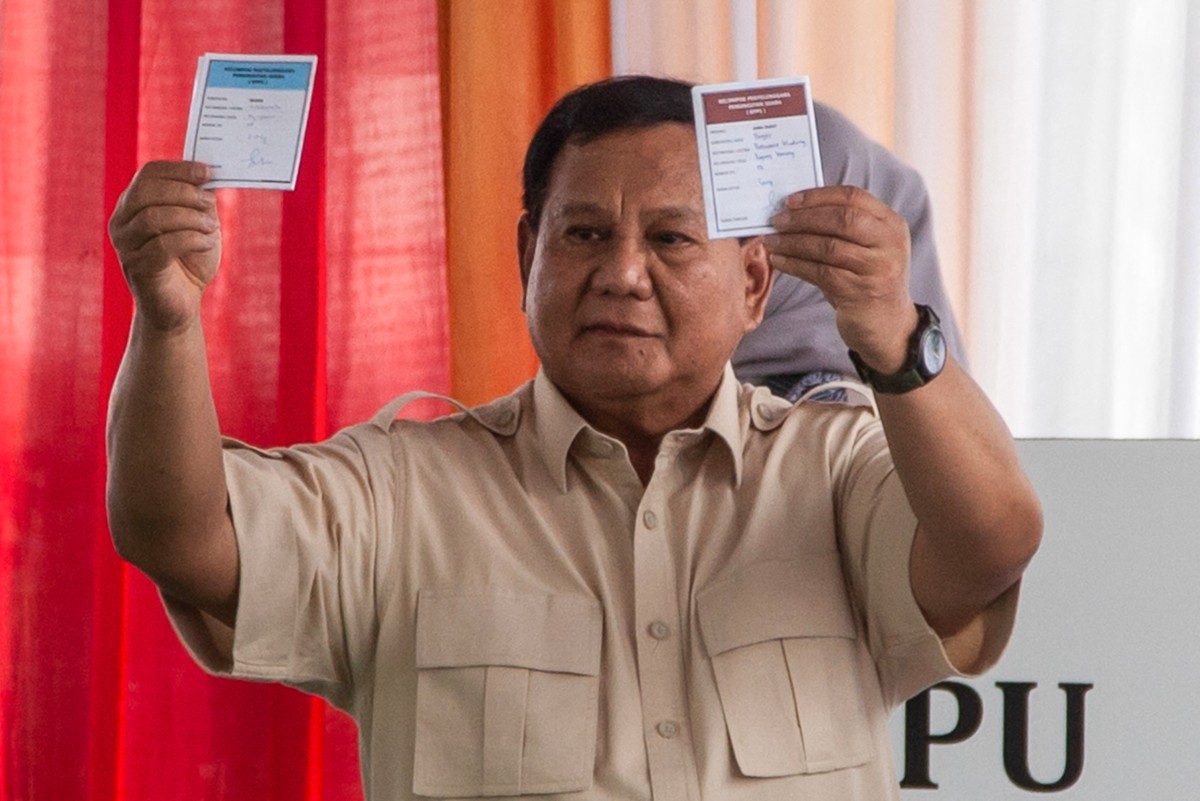
JAKARTA - Indonesia's Constitutional Court on Thursday said a law requiring a minimum number of votes for political parties to nominate a presidential candidate was not legally binding, which could allow a wider range of candidates in 2029.
Under the current law, parties must win 20 percent of the vote, whether individually or through a coalition, at a legislative election to put forward a presidential candidate. A group of university students who said it limited the rights of voters and smaller parties challenged the law.
ALSO READ: Ruling coalition prevails in Indonesia regional polls
Chief Justice Suhartoyo granted the petition, saying the threshold "had no binding legal power", but the court ruling did not specify if the requirement should be abolished or lowered.
All political parties should be allowed to nominate a candidate, Judge Saldi Isra, a member of the Constitutional Court panel, said.
Law minister Supratman Andi Agtas told Reuters the government respected the ruling and would work with relevant institutions, including the country's election officials and lawmakers, to take action on it.
Arya Fernandes, political analyst at Centre for Strategic and International Studies, welcomed the latest ruling, saying it allowed smaller parties to nominate a candidate and lessened their dependence on bigger parties.
READ MORE: Indonesia president pledges to pardon 'corrupters' who return what they stole
He said, however, lawmakers could make revisions that would limit the ruling's impact as the court did not abolish the vote threshold.
Indonesia's presidential elections are held every five years. Following the most recent, President Prabowo Subianto took office in October.
The Constitutional Court in a ruling last August lowered a threshold for regional positions, such as governor and mayor, to under 10 percent of the vote from 20 percent.
ALSO READ: Indonesia president suggests scrapping regional elections to cut costs
Parties supporting Prabowo and also the outgoing president Joko Widodo sought to reverse that ruling, prompting thousands to take part in street protests against what they said was a government effort to stifle opposition.
In a separate ruling on Thursday, the Constitutional Court limited the use of artificial intelligence to "overly manipulate" images of election candidates, saying manipulated images "can compromise the voter's ability to make an informed decision".


